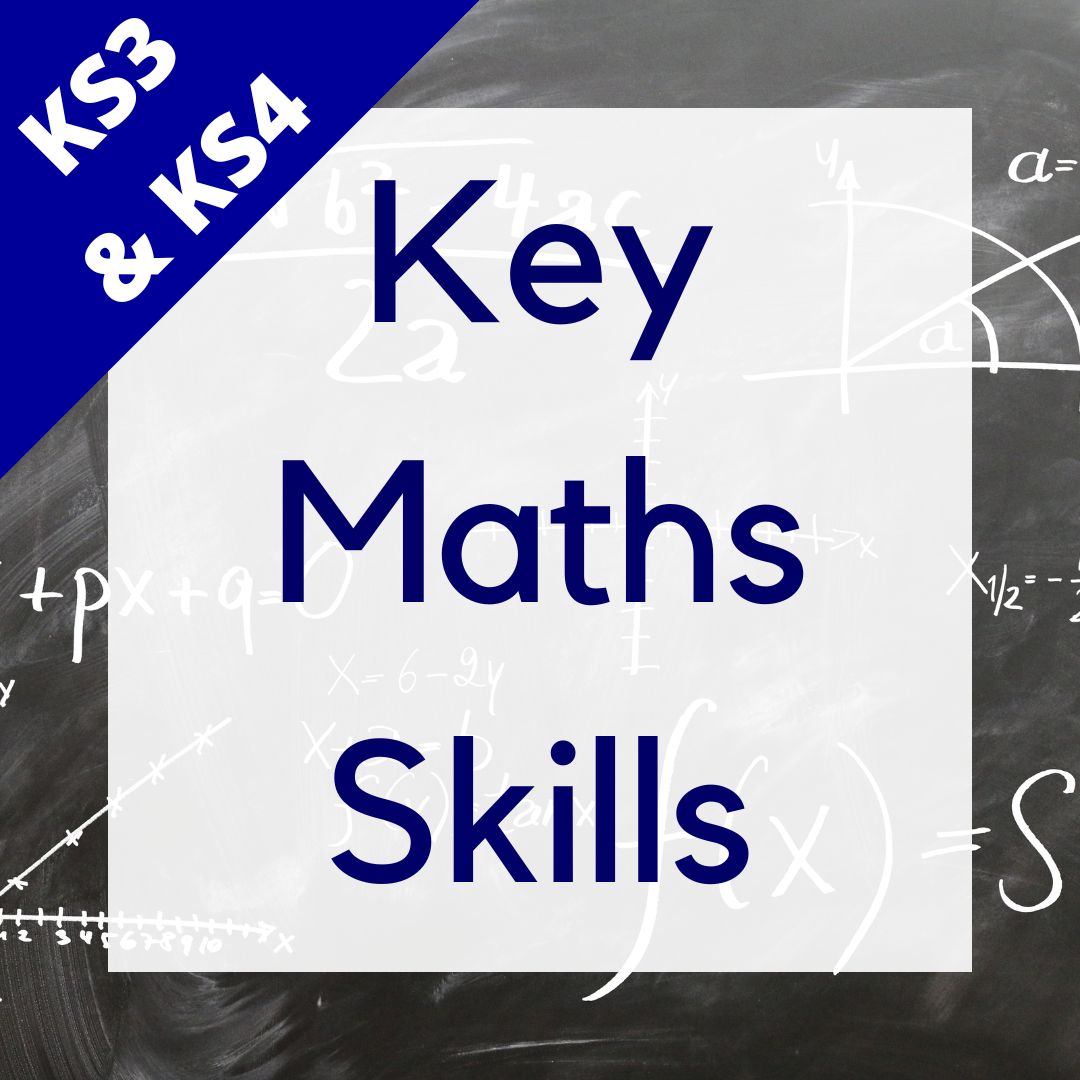...but you can make jokes about it!
My Czech/Music teacher told us once, that he heard there's 1 Chinese person amongst 10 people. As there were 30 students in my class, he concluded "Three of you must be Chinese!" =)
Leave the fact that by following data (quickly checked on google while writing this article) the Chinese world population is around 20%, not 10% (the joke, my teacher made, happened anyway a good few years ago) and let's have a look how could we use statistics besides making jokes thanks to it.
And just for the record, nothing against Chinese people of course. But given the fact I studied in the Czech Republic where other cultures still make just a tiny percentage of the whole Czech population, the conclusion couldn't be realistic. But the joke was good, though.
And that leads me to the fact, how statistics can help us in our lives, but only when it's been done properly. In the case I mentioned above, a wrong data sample has been chosen, so either if it's 10% or 20%, results from this statistics cannot be applied to a usual Czech high school class.
Another example, very obvious, but still giving a good illustration how proper data sample is important to create and later apply statistics correctly is this one:
I was teaching a basic statistics lesson in the school. We had only a small group of students that day, so I asked them to create a basic tally chart to collect data which can be later used to create some table and a bar chart, to present drink preferences in our class. To keep it very simple, the question was "Do you prefer to drink water or tea?". All of us including me answered "water". That meant six tallies for water (remember it was only a small group that day).
That seem like everyone likes water. No one drinks tea. We could say that every person likes water.
Right...?
Or not...?
In a moment another student came back from his music session, so we asked him too and we got a surprising answer - "tea".
Wow! That changes a lot. Instead of 100% population (population of our classroom at the moment) preferring water, we had now more than 14% tea preference just thanks to the new student coming to the classroom. So it's only less than 86% who'd choose water.
What has happened? Small sample data gave us a wrong perception of the drinking preferences. We could have mistakingly say that everyone likes water more than tea, but if we'd have more answers (more people participating in our little research), we would see how preferences will change and it may and probably will not stay at 14% for tea and 86% for water, but the more people would be included in this research, the more accurate the results will be. In an ideal world, you'd need to ask EVERYONE on the planet to be sure to get the exact answer (what part of the population prefers water over tea).
But statistics is not about being exact, it's about being as much accurate as possible and eliminate errors by understanding and using statistics properly. Choosing an appropriately large sample of data is one of the criteria.
So later you can think about if you'd rather prepare water or tea, or what ratio of these two drinks would be the best to satisfied your classmates.
Sure, that's not good enough to say statistics is helpful and needed, so let's go somewhere, where is it really more appreciated:
Think about running a business - you need to find the way how to eliminate expenses, one of the huge expenses is always an advertisement. If you do your statistics and will see which kind of advertisement gives you the best ratio of money spent/customers given, that will definitely help and you bet you'll love your statistics afterwards =)
There are countless examples, but the best are always about money, because like it or not, everyone needs money. So do your statistics and keep your money in your pocket (to use it later for a better purpose of your own choice). At least for this reason, statistics is good for everyone.






